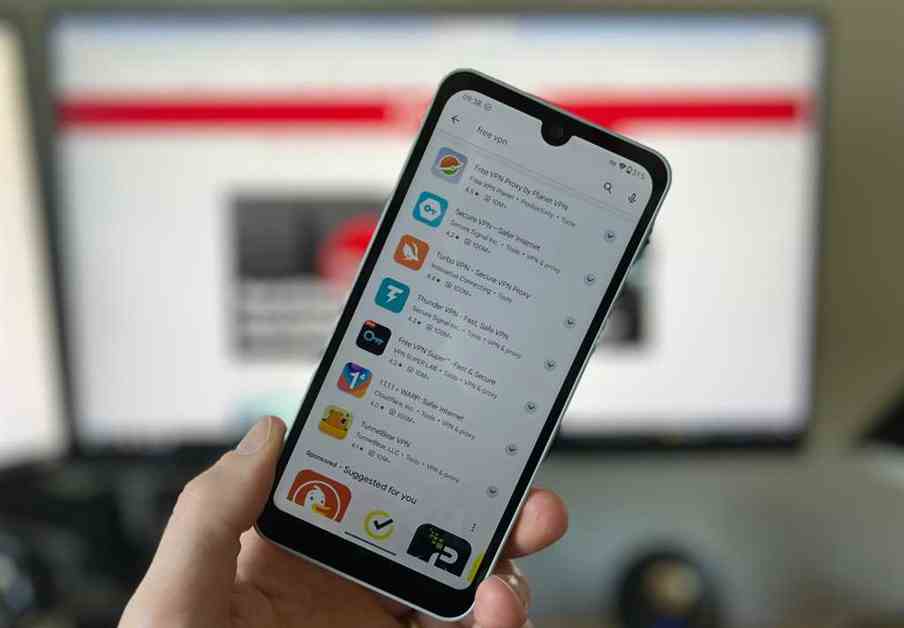Privacy Concerns Arise as Top Free Android VPNs Compromise 2.5 Billion Users
In a recent study conducted by Top10VPN, it has been revealed that a significant number of popular free VPNs available on the Google Play store pose serious privacy risks to users. The study found that nearly 90 percent of these VPNs have data leaks, over two-thirds share personal data with third parties, and almost one-fifth are flagged as suspected malware by antivirus software.
The research, led by Simon Migliano, delved into the source codes and network traffic of the top 100 free Android VPNs on Google Play. The findings shed light on the security vulnerabilities and privacy flaws present in these apps.
While VPNs are meant to safeguard users’ IP addresses and online activities from prying eyes, the study revealed that many free VPNs fail to provide adequate protection. Unlike premium VPN services that invest in advanced security measures like military-grade encryption, free VPNs often compromise user data for profit.
Migliano highlighted the exponential growth in the number of free VPN users, with over 2.5 billion installations recorded in recent years. Despite the convenience of free VPN services, users are unknowingly exposing themselves to privacy risks by using these apps.
The study also uncovered that the majority of free VPNs engage in data sharing practices with advertisers, compromising user privacy. This revenue-driven model leads to intrusive advertising and data collection practices, undermining the very purpose of using a VPN.
As the demand for free VPN services continues to rise, users are urged to exercise caution and opt for reputable providers. While paid VPN services offer enhanced security features, freemium options like ProtonVPN provide a compromise for users seeking a free solution.
In light of these findings, it is crucial for users to prioritize their online privacy and security when choosing a VPN service. Premium VPN providers like Surfshark and IPVanish even offer emergency subscriptions to at-risk individuals such as journalists and activists, ensuring their safety in high-stakes situations.
Sam Singleton, a seasoned tech editor with expertise in VPNs and consumer technology, emphasizes the importance of informed decision-making when it comes to online privacy and security.


